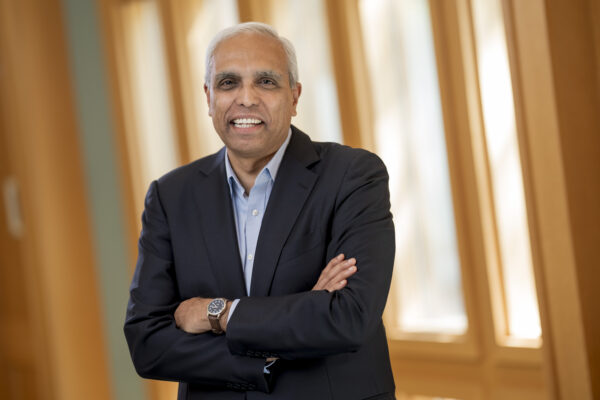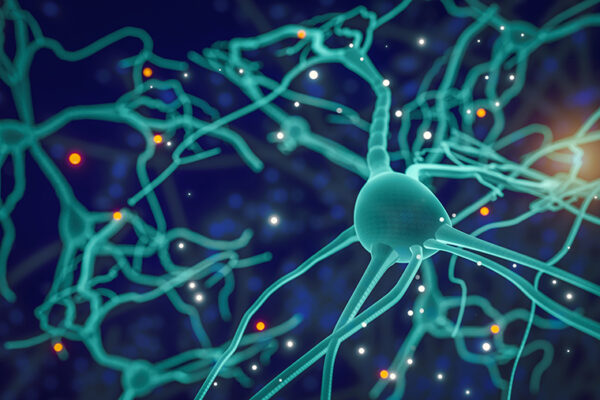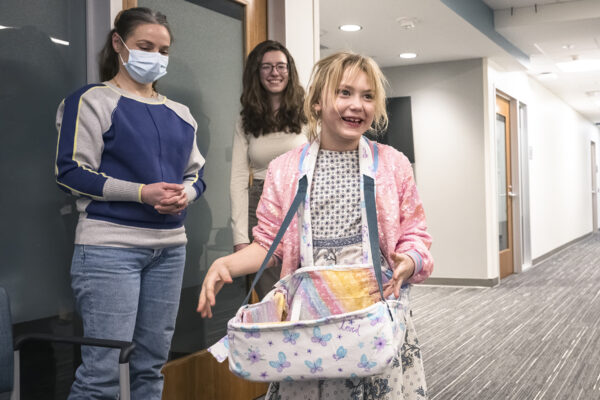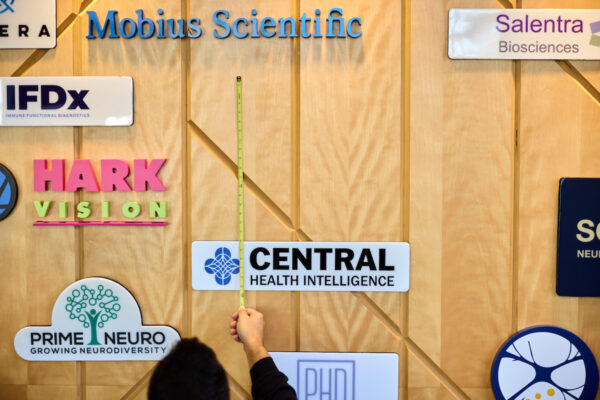WashU engineers manage a first: measuring pH in cell condensates
In a first for the field, biomedical engineers at the McKelvey School of Engineering determined the pH profiles of certain key types of cellular condensates.
Demystifying nano-neuro interactions
Researchers at the McKelvey School of Engineering received a three-year $570,746 grant from the National Science Foundation to support their work to understand the fundamental mechanisms that underpin interactions between nerve cells, or neurons, and nanoparticles, which can be used to both sense and stimulate neurons.
Agarwal wins 2024 Thermal and Fluids Engineering Award
Ramesh Agarwal, the William Palm Professor of Engineering in the McKelvey School of Engineering at Washington University in St. Louis, has been selected to receive the 2024 Thermal and Fluids Engineering Award from the American Society of Thermal and Fluids Engineers.
Efficient lithium-air battery under development to speed electrification of transit
With $1.5 million from the U.S. Department of Energy, a collaborative team of researchers led by the McKelvey School of Engineering is working toward creating efficient and reliable batteries for transportation use.
Chen, Silva named senior members of National Academy of Inventors
Hong Chen and Jonathan Silva, both faculty members in the McKelvey School of Engineering at Washington University in St. Louis, have been named senior members of the National Academy of Inventors. They will be inducted in June.
Water quality monitor, locust-inspired electronic nose under development
Two teams of engineers led by faculty in the McKelvey School of Engineering at Washington University will work toward developing products to monitor drinking water quality and to detect explosives with an electronic nose with one-year $650,000 Convergence Accelerator Phase 1 grants from the National Science Foundation.
Preparing for take off
Alumna Jenelle Cooper brings a lifelong love of aviation to her career as an aerospace engineer.
How does dicamba drift?
Environmental engineers at the McKelvey School of Engineering at Washington University in St. Louis have been studying dicamba drift to understand why the herbicide vaporizes and migrates to other crops.
Engineering, OT students work with patients to design assistive tech
About 40 engineering and occupational therapy students collaborated during Washington University in St. Louis’ inaugural Assistive Tech Make-A-Thon, designing products for St. Louisans with mobility and other physical challenges.
University’s technology, innovation hub celebrates 100th faculty startup
The Office of Technology Management at Washington University in St. Louis recently celebrated a milestone of 100 university startups.
View More Stories









